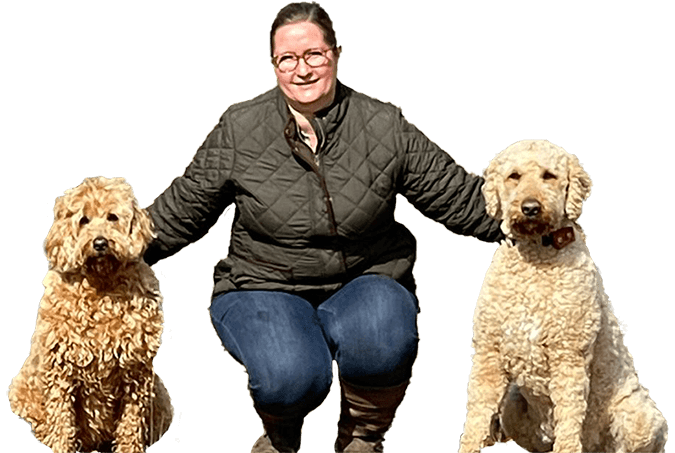
Anne's story
PPD’s Dr. Anne Spielhofen began suffering from undefined pain in her lower body in 2011. She underwent several treatments and received spinal injections for pain, but nothing she did had long-term effects. Anne had four MRIs on her hips and lower back – all showing no symptoms. Finally, in 2019, Anne found a doctor who diagnosed her with fibromyalgia syndrome (FMS).
In 2014, Anne had mentioned the idea of FMS to her general practitioner and orthopedic doctors in Frankfurt, Germany, but both agreed the condition is considered a “non-existent disease.” It wasn’t until she moved to the Taunus region in September 2019 that she started to get some answers to her life-changing condition.
Anne experienced extreme pain in all her joints in the middle of October 2019 – to the point she could barely move. The pain was so crippling she fell to the floor a few times while trying to get out of bed in the mornings or while walking her dogs. At one point, she had even fallen down a wooden staircase – eventually she learned she had broken her elbow during the fall but didn’t realize it for weeks due to the amount of discomfort in which she constantly lived.
The pain in her legs was so intense she went weeks without getting much sleep, making it difficult to concentrate and find motivation to get through the days. Anne searched for a new general practitioner and went through a series of tests again. As always, everything came back normal with no signs of inflammation, rheumatic disease or anything else. This time, however, a neurologist stepped in and performed the “11 tender point test,” which was very painful, according to Anne. But now, her set of symptoms was finally diagnosed as FMS.
While Lyrica® (Pregabalin) is available to help treat FMS in the United States, there is no registered drug for FMS treatment in Germany.
“FMS requires a comprehensive and multimodal treatment concept, so it needs close cooperation of different medical departments,” Anne said, explaining that medicinal therapy in Germany currently consists of tricyclic antidepressants, serotonin resumption blockers and dual antidepressants.
Anne says her work at PPD provides clear guidance and stability, especially on the days she’s suffering. Focusing on her work distracts Anne from her weakness and allows her to take control of something when the rest of her body is seemingly “out of control.”
“PPD turned out to be the best company ever, caring for its staff – and that’s something I did, and still very much appreciate,” Anne said. “Giving you room and time to take care of yourself and carrying you through the darkest of days.”